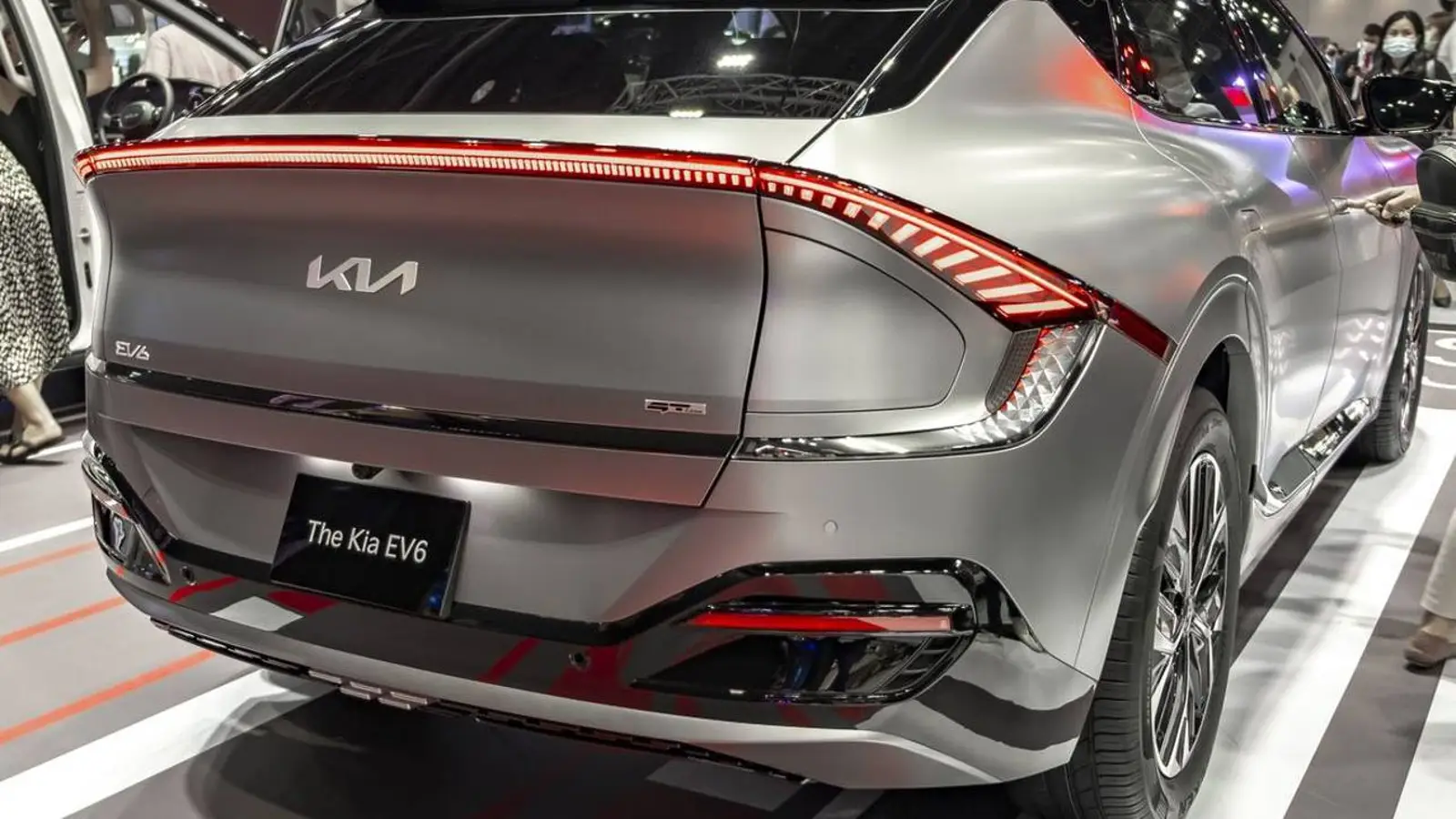Real-world problems with Hyundai Kona EV, Nissan Leaf, Kia EV6 and Chevrolet Bolt

When choosing an electric car, it pays to look closely at how specific models hold up in real life. Each has weak spots that can affect everyday comfort and, at times, safety. Here are four EVs that experts say can cause plenty of trouble after purchase.
Hyundai Kona EV
Despite its strong sales, the Hyundai Kona EV runs into several recurring issues.
Battery problems: There have been instances of battery packs catching fire, which led to multiple recall campaigns for this model. Even isolated cases of this kind tend to overshadow a car’s strengths.
Interior quality complaints: Some owners report low-grade cabin materials that undermine day-to-day comfort.
Excess noise: Pronounced road and wind noise are frequent gripes among owners and can wear on longer drives.
Nissan Leaf
The Nissan Leaf has long been seen as a pillar of the EV market, yet its real-world performance raises questions.
Insufficient thermal protection for the battery: Without effective shielding from extreme weather, the pack degrades faster, particularly in cold conditions.
Rapid capacity loss: Owners note a marked drop in range after the first years of use—an issue that matters more in daily city routines than spec sheets suggest.
Kia EV6
The Kia EV6 earned praise for its design and tech, but use over time has highlighted meaningful shortcomings.
Battery recalls: The model has already seen large service campaigns over battery defects, including risks of short-circuiting and overheating.
Charging system faults: Users have faced fast-charging hiccups, unstable charger behavior, and reduced charging efficiency.
Unreliable software: Recurring glitches in the onboard software reduce convenience and often require dealer-installed updates.
Cold-weather inefficiency: A sharp drop in range at below-freezing temperatures limits practicality in harsher climates, bringing range anxiety right back when the mercury falls.
Chevrolet Bolt
The Chevrolet Bolt wins points for price and clean design, but it carries several serious drawbacks.
Risk of battery fires: As with rivals, there have been cases of the lithium pack catching fire, including when the car was parked.
Costly battery repairs: Replacing faulty battery components can be expensive, pushing up ownership costs.
Underwhelming infotainment: The system is simple and usable, yet many owners criticize its dated features and sluggish performance.
Reduced winter range: In cold weather the driving distance drops sharply, which dents the model’s appeal for northern regions. A budget-friendly choice quickly loses its shine if every winter errand needs careful charging plans.
None of these concerns automatically make the cars nonstarters, but they do warrant a thoughtful test drive and a clear look at local climate and charging habits before signing on the dotted line.